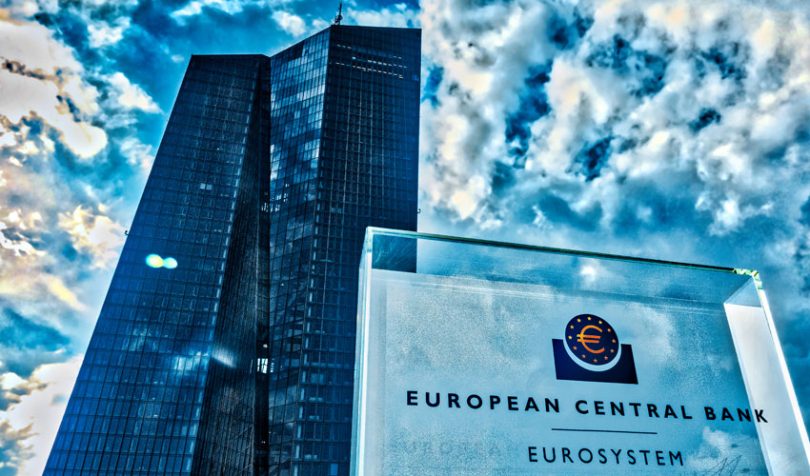Yesterday Benoît Coeuré, a Member of the Executive Board of the European Central Bank (ECB), made a speech on crypto-assets, Facebook’s Libra, and stablecoins. He put forward the idea that such currencies could overtake the US Dollar as the dominant global currency.
Benoît Coeuré is also the head of the Bank of International Settlements’ (BIS) Committee on Payments and Market Infrastructure, which focuses on financial stability. His speech comes at a crucial time since it was reported that he chaired a meeting between Libra representatives and 26 central banks two days ago.
Could Libra be the new international currency?
Libra, Facebook’s upcoming blockchain-based currency, has sparked intense discussion over regulation of cryptocurrencies. As a stablecoin, backed by a reserve, it has far more chance of challenging USD, according to Coeuré.
He points out that the Euro, Yen, and Renminbi have failed to rise to the level of use of the US Dollar. It denominates nearly half of global trade beyond the US, far more than of the country itself (11%). This is despite that the Eurozone is the world’s largest trading bloc (14%), and China is the leading trader of goods.
The lack of an international currency is partly down to geography. The borders separating Europe may be why the Euro failed to challenge the dollar, explained Coeuré. “[I]t is probably easier to connect a new currency to an existing network – the case of Libra – than to build a new network on an existing currency – the case of the euro,” he stated.
Much has been said about the giant international userbase Facebook has and hence the potential usage of its currency. With over a quarter of the world’s population, not counting WhatsApp and Instagram users, Coeuré thinks that “Libra could be the first private initiative to have a truly global footprint from day one.”
However, “even networks such as Facebook, Amazon or Alipay remain confined to geographical blocks,” he explained. For example, Facebook is not available in China, and its usage varies differently around the world. This leads the ECB member to a more general solution: stablecoins.
The rise of stablecoins
So, why now? Consumers are traditionally not interested in global currency use. However, cross border payments and international e-commerce are much more accessible and have grown considerably in recent years. Thus a need for fast, cheap payment services has arisen. Coeuré gives Kenya’s M-Pesa and China’s Alipay as examples of successful digital solutions for the consumer.
Another point, also increasingly relevant, is the exchange rate. Consumers going on holiday or shopping online are now concerned about the stability of currencies. So, if stablecoins are actually stable, they could address both these concerns. And private companies are already way ahead of central banks in digital payments.
“Libra has undoubtedly been a wake-up call for central banks to strengthen their efforts to improve existing payment systems. This by itself is undoubtedly a win-win situation for the global community,” said Benoît Coeuré.
While multiple central banks have their own digital currencies in the works, Libra was undoubtedly a spur for them to speed up operations. The People’s Bank of China is perhaps the most prominent example of this.
As Benoît Coeuré said, the consumer looks to be the real winner here.






